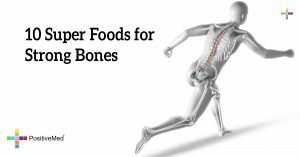
Sensation Seeking
By: Andres Carvajal
Edited By: Stephanie Dawson
Sensation-seeking is a personality trait widely used in psychological research developed by Zuckerman in the late 1970s. Its described as the need to experience complex, intense sensations and the desire for risk-taking.
Seeking makes reference to the active role. Sensation is defined as the impact of sensorial data. This seeking is not an intellectual seeking, it could be an existential seeking if the person doesn’t realize which emotions fuel their attitude, thoughts, and motivation. We cannot label someone as a sensation-seeker, the correct form is high sensation-seeking tendencies.
When discussing the desire for risk-taking we define risk as the weighted probability of a negative event. A person with high sensation-seeking scores will have a tendency to choose social sensorial stimuli like the arts, music, physical activities, friends, drugs, and making love that produce intense feelings of pleasure and fear.

There is an apparent biological-genetic cause of this personality trait, with heritability of up to 50-60% if at least one of the parents show high sensation-seeking traits. People who exhibit high sensation-seeking tendencies have naturally low levels of monoamine oxidase, an enzyme that regulates serotonin, the neurotransmitter involved in depression and anxiety disorders. Other biological markers are lower testosterone levels, immune system or brain activation.
Recognize sensation-seeking tendencies:
• Physical risks while playing sports, personal and in the sport itself
• Driving too fast
• Drug use
• High-risk volunteer and job duties
• Alcohol use
• Gambling, especially for high stakes
• Risky financial behaviors
Possible explanations:
Extreme activities are seen by sensation-seekers as more rewarding, there is a definite positive and optimistic bias of the risks they are taking, they expect the best possible outcome. The assessment of risk is a process made too lightly. Other personality traits that have been correlated with sensation-seeking are extroversion, psychosis, socio-$e*u@l orientation or impulsivity.





